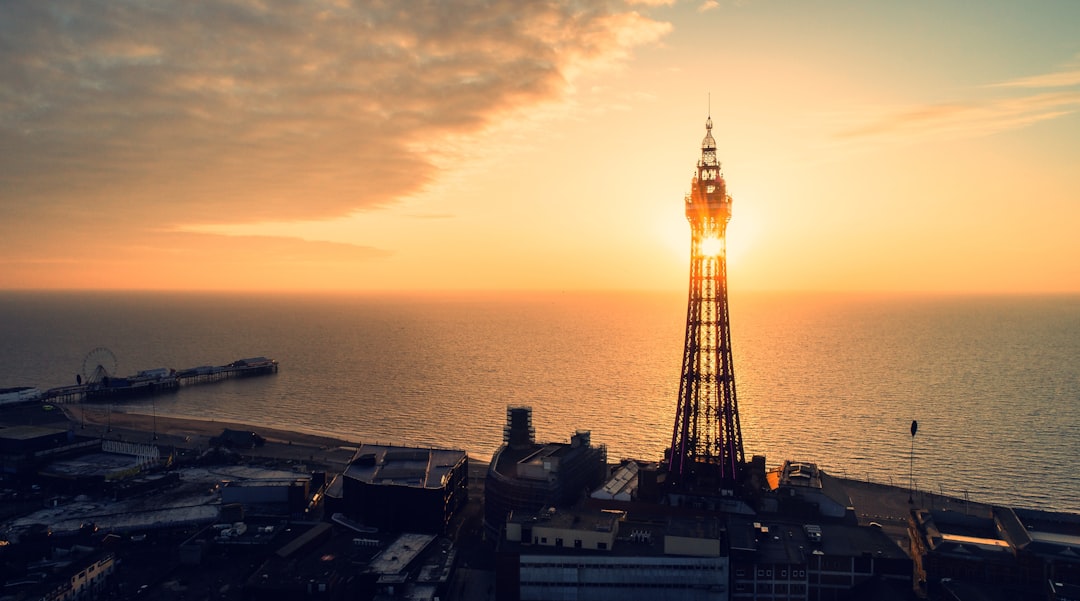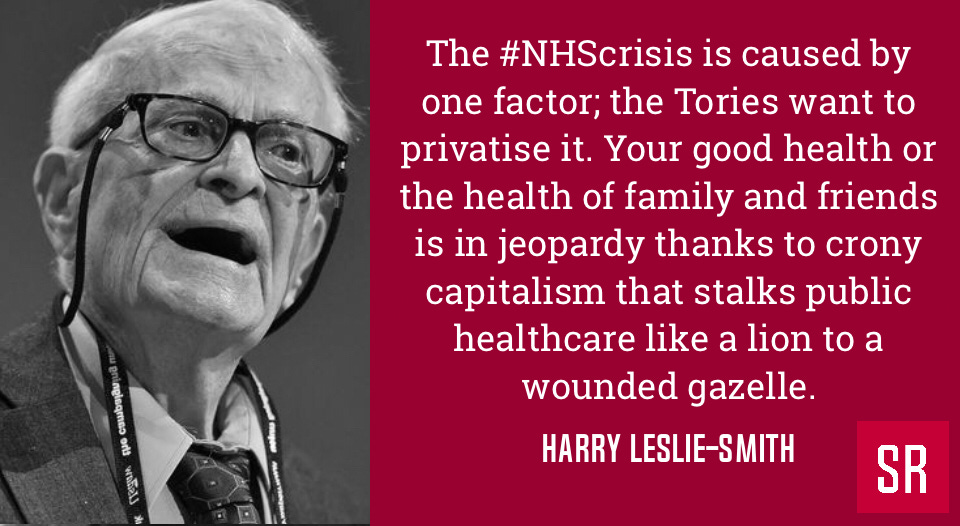If we don't rein in Capitalism by reconstructing a functioning Welfare State- drudgery is the fate for most people.
It’s hard to believe that over thirty thousands words of Harry Leslie Smith’s The Green and Pleasant Land have been published on this Substack, over the last six months. The chapter selections from it tell a true story about the lives of working- class people, who lived during a time of political and economic extremities during the 1920s, 1930s and 1940s. So many of our ancestors lived that life, and the trajectory neoliberalism has taken means present and future generations will live those same lives, unless we fight against the tide of fascism consuming our democracies.
The Harry’s Last Stand project which I worked on with my Dad for the last 10 years of his life was an attempt to use his life story as a template to effect change. His unpublished history- The Green & Pleasant Land is a part of that project. I have been working on it, refining it and editing it to meet my dad’s wishes. It should be ready for a publisher in May.

Chapter Twenty-Three
In the late spring of 1937, I was fourteen, and because I was working class- not considered good enough for higher education. As long as Britain's elites governed the country for their benefit when my school days ended, my future was supposed to be like my past. Capitalism first exploited me as a child labourer- and as a teenager, they now expected to continue that exploitation into adulthood until I was dead. It was a life sentence of drudgery. This knowledge filled me with dread, anger and despair at how my existence was insignificant except as a beast of burden.
Around the time I left school, my family upped sticks from King Cross for rent arrears, and moved to Boothtown Road in Halifax. It was a change of address but not of living conditions. It was a cramped and noisy house where my sister Alberta, my two brothers, my mother and her boyfriend Bill never had a moment alone. We grated up to each other with impatience and short tempers. The long years of economic turmoil had rubbed away common curtesy. There was a stroppiness to our interactions. I was the worst, of us all, for being all sharp sides as my emotions were unkempt from puberty.
But there was something else about my ill temper that no one in our house grasped. My anger was because I understood my life was being ground down by a system that benefitted the few at the expense of the many. I didn't articulate it well but I knew I was being used.
Alberta who was 17, and accepting of her job in a mill didn't comprehend that I could be out of sorts because I believed it was wrong of society to not reward the working classes with fair wages and the right to proper leisure time for their labour. To her, the idea I believed I deserved more schooling was mad thinking. All she wanted then was a man who would love her, marry her and allow her to move out from our mother's roof.
Despite a deep heart and strong belief in fighting for the underdog, Alberta didn't put much stock in books, ideas or anything much deeper than a breezy romance playing at the cinema. Alberta had become resigned to the ever-thus world the working class was expected to shoulder.
But she loved me with all her marrow and was insistent about making a big deal over my school leaving as if it was a rite of passage rather than a one-way fair to a dead-end job in a dead-end, mill town. I loved her so much for that desire in her to see my happy even if she didn't understand my urge to demand more for our people, the poor and disposed.
Alberta's gift for finishing school was a day trip to Blackpool to mark my transition from boy to man in working-class Yorkshire.
There was something magical and mythical about Blackpool to the working class of my generation.
It was a city filled with diversion and amusement where, throughout long summer nights, the town was set ablaze with its illuminations. It was a destination where romance was found while riding the Ferris Wheel and sharing a piece of Blackpool rock.
It was an adventure to go there because outside of my parents taking our family on a day trip to Southport in 1928, I'd never been on a holiday excursion. We went on a Sunday by train and sat in a third-class carriage where we smoked cigarettes and I pretended it was a train to Dover where a ferry could take me to France to escape a future of brute labour waiting for me.
When we arrived at Blackpool, Alberta and I found a cheap fish and chip shop and shared an order of battered cod and chips. From where we sat, I saw in the distance a giant Ferris wheel and heard the clamour of people enjoying their moment at Blackpool.
Looking out towards the water, I observed tiny breakers riding up against the shore while seagulls shrieked in the sky above.
We strolled towards Blackpool Tower, which was built in the 1890s as an homage to the Eiffel Tower in Paris. At its base, there was a giant building that housed a circus, zoo, and aquarium. We gained admittance for a couple of pence and immediately found the animal enclosure, where we laughed at the monkeys. The lions in their cage looked proud and indifferent to our requests to prove they were the Kings of the Jungle by roaring.
In a quiet moment, Alberta said,
“Not a bad life eh, Harry? For the lion that is… all he has got to do is look fierce and tough. Scare the shite out of people. But at tea time, he knows a man will come along and throw, a nice bit of meat his way. A roast beef or a leg of lamb, we wouldn’t even see on Sunday. For that big pole cat’s supper, I’d roar and snarl and bark.”
Soon after, my sister and I went to the top of the tower and stared out at the water in the distance that made me yearn to escape England
Alberta sensed my thoughts.
“One day, Harry, and never you mind, one day- you will get out.”
"We," I corrected her.
"Aye,” Alberta said but it was non-committal. It was if my sister knew what tomorrow, and the tomorrow after that, was about to hand out to her.
"It's time to go down," Alberta said. Not much to see up here that I like."
After we descended the tower, we ended up at the dodgems where my sister and I chased each other around the ring. For the briefest of moments, I felt the way I imagined teenagers from the middle class lived-without a care in the world.
Alberta and I didn't talk much on the train ride home to Halifax. We were tired from the day, and our hours of carefree leisure were almost up. Silently, we stared out from the train window and watched darkness rapidly descend across our world and Yorkshire. We were in separate struggles to locate a life worth living after sharing the wrath of the Great Depression.
Thanks for reading and supporting my Substack. Your support keeps me housed and also allows me to preserve the legacy of Harry Leslie Smith. A yearly subscriptions will cover much of next month’s rent. Your subscriptions are so important to my personal survival because like so many others who struggle to keep afloat, my survival is a precarious daily undertaking. The fight to keep going was made worse- thanks to getting cancer along with lung disease and other co- morbidities which makes life more difficult to combat in these cost of living crisis times. So if you can join with a paid subscription which is just 3.50 a month or a yearly subscription or a gift subscription. I promise the content is good, relevant and thoughtful. But if you can’t it all good too because I appreciate we are in the same boat. Take Care, John.


